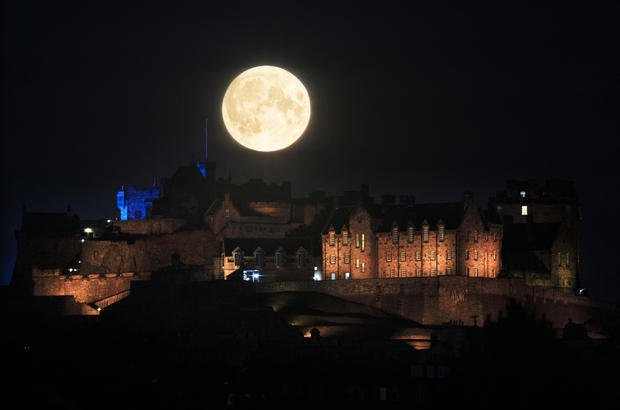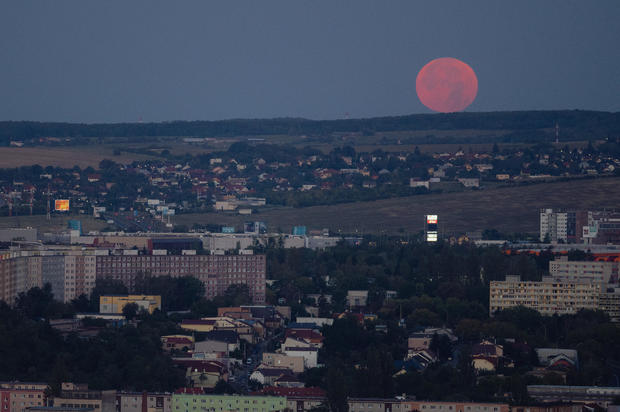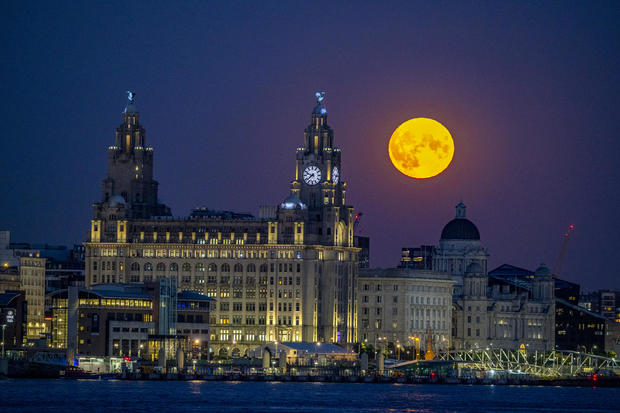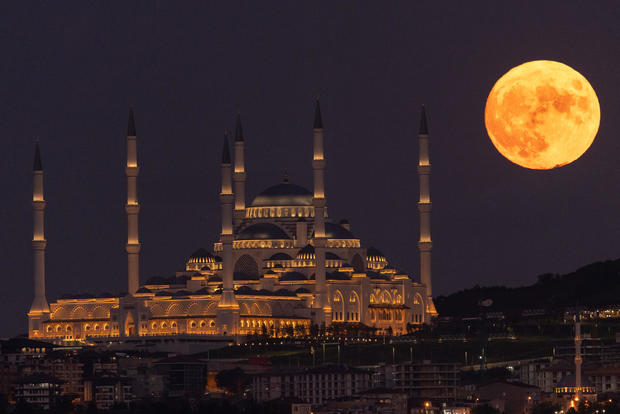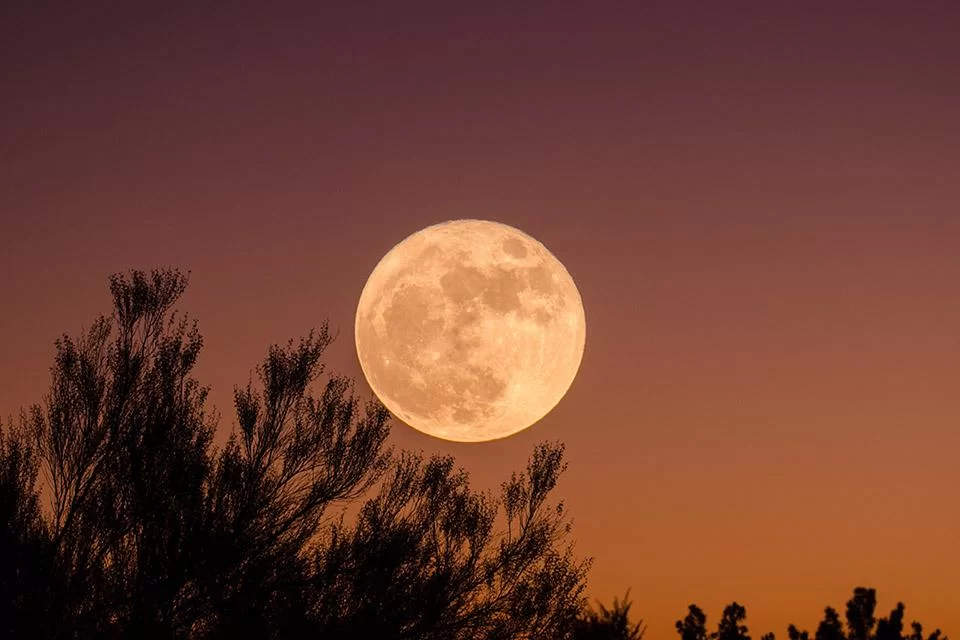
The Sturgeon moon – August’s full moon – took over the night sky on Thursday, giving spectators around the world a spectacular view of the last supermoon of the year.
This Sturgeon moon is considered to be the fourth supermoon in a row after the Buck moon in July, Strawberry moon in June and Flower moon in May. A supermoon refers to a full moon when the moon is within 90% of perigee – its closet approach to Earth.
The Sturgeon moon peaked Thursday night, at about 9:36 p.m. EDT, according to NASA. It will also appear nearly full on Friday and Saturday.
Here are some of the photos of the Sturgeon moon from around the world.
Edinburgh, Scotland
Kosice, Slovakia
Liverpool, England
Istabul, Turkey
How did it get its name? Starting in the 1930s, the Maine Farmer’s Almanac began publishing Native American names for full moons, NASA said. Based on this almanac, Algonquin tribes that lived in the northeastern U.S. called the full moon in August the Sturgeon moon after the large fish that were more easily caught that same time of year in the Great Lakes.
The Sturgeon moon may outshine another major celestial event: the Perseids meteor shower. The most popular annual meteor shower, which is active from July to September, will peak between Friday and Saturday.
NASA suggests the best time to look for the meteors will be after midnight Saturday, and viewers need to be far from light pollution. The agency said you need to look north and away from the Moon’s gaze.
The next supermoons won’t be until August 1, 2023 and August 31, 2023, according to In-The-Sky.org, an online guide to what you can see in the night sky.


